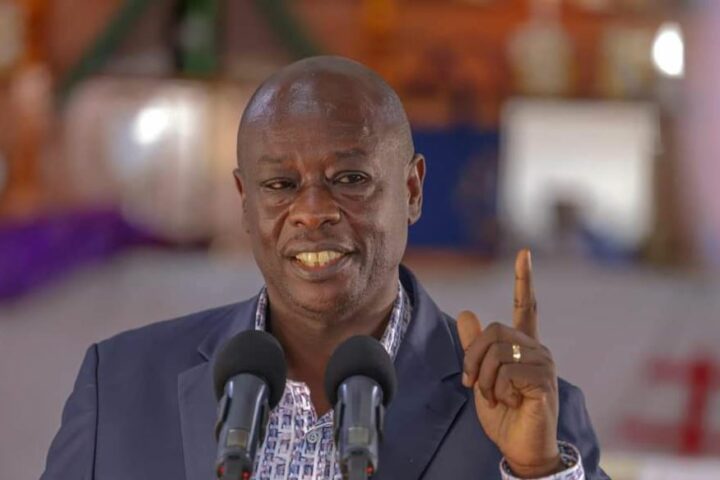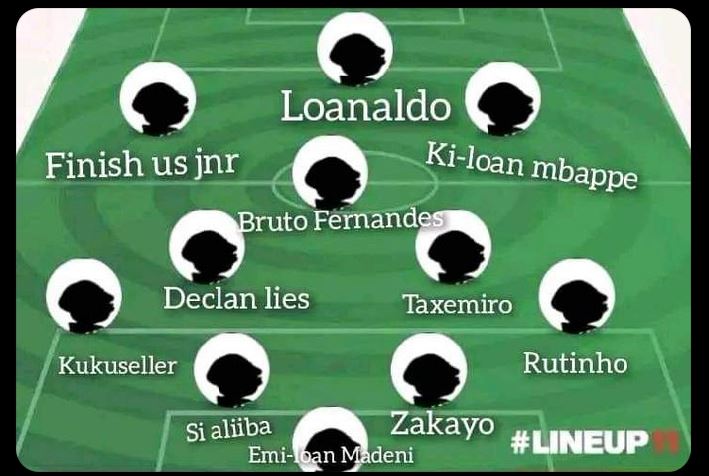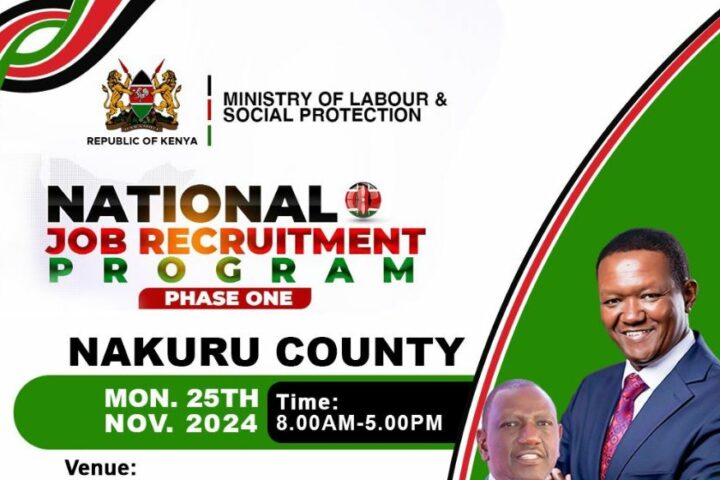
What does the statement “money has a life of its own” mean?
This means that we cannot and do not control money. We can only control how we choose to relate to it. The value of money changes not only in relation to the economy but also in relation to our level of consciousness. We cannot control money but by understanding it and its meaning we can begin to relate with it better and get to find what we truly need.
This equally means that money is not a part of us. We can never truly own it because it isn’t really ours. It’s only a means to an end and not an end in itself. Hence chasing money as an end in itself can only lead to accumulation of money pains.
The sooner we learn the place of money in our lives and begin to attract it as opposed to chasing it the more fulfilling our lives become.
Does how I speak about money affect my relationship with it?
Our spoken words or what we say are a clear reflection of our thoughts and mindset. As one of my coaches says, “Whatever you hold in your mind on a consistent basis is exactly what you will say and experience in your life.” Your thoughts and spoken words become your reality.
When you speak negatively about money and people who have it, it has a direct impact on your access to money. And your money emotions define how you relate with it.
Negative statement like “rich people are greedy,” “money is the root of all evil.” (By the way, it says “the love of money is the root of all evil”) are not healthy statements.
As long as you’ve got negative connotations to wealth and the wealthy, your chances of achieving that same wealth are slim. So if you have negative mindset about money and you begin to have some monetary success, you will unconsciously sabotage your success to remain congruent with your deep-seated beliefs.
How would you describe an ideal relationship with money?
Your ability to change and manifest your relationship with money moves in direct relationship to your level of consciousness. The more you have clarity about all the money traits and consciously take those same characteristics into your belief system the more ideal your relationship with money will be. Money is creative, energetic, alive, powerful, transforms reality and is attached to nothing. So you equally need to adopt these similar traits to attract it.
As Deborah Price says in her book Money magic “Every relationship that holds a significant value in our lives is a living energy system that needs attention, understanding and nurturing. And so does Money.”
Does how I spend money determined by my personality (type) or emotional state?
Your behaviour around money is an outer manifestation of not only your personality or emotional state but it indicates how you are hard-wired around money also called your money archetypes. There are eight money archetypes that identify and evaluate your relationship with Money. These are innocent, victim, warrior, martyr, fool, creator/artist, tyrant and magician.
Does how I spend money connected to how I make it?
Not necessarily. You may make it the hard and narrow way but still misuse it. How you act around money has a lot to do with how you are hard-wired around it and this comes mostly from your childhood.
What childhood behaviours would you say affect our adult relationship with money?
For example, if as a child I was punished for losing money, or was never allowed to handle ‘my’ money, that will affect my perception.
As children, the attitudes about money that we learn from childhood usually remain unconscious and manifest themselves in our adult lives.
So if as a child you were punished for losing money, depending on how the punishment was administered, it may affect how you relate with money in your adult life. For example, one can develop certain forms of fears or anxiety around money.
There are individuals who misuse money (extravagant) yet they always seem to always bump into more cash. At the same time, there are those who are so careful with their expenditure that they are barely getting by. How would you explain this?
The money you attract has a lot to do with your money mindset. This is your unique set of beliefs and your attitude about money. It drives how you make key financial decisions every day.
And it can have a big impact on your ability to achieve your goals. So irrespective of how you choose to spend your money your ability to attract, retain and grow your money is influenced by your attitude and beliefs around it.
Your money mindset equally drives the decisions you make about saving, spending, and handling money.
People who have a healthy money mindset believe things like:
“I have the freedom and the money to spend, but I choose to make value-based spending habits (spending on things that add value not only to me but also to the lives of others).”
A good mantra to live by would be something like: “Life is not about me, life is about others so my fulfillment comes from growing and giving. I don’t have to compare myself to others. I keep to my lane and compare myself with the person I was yesterday.”
Is it possible to achieve my financial goals?
Yes, it is. It does not matter how much money you have if all you are using it for is to spend on the accumulation of things. As humans, we are meant for far greater truth and we find our ultimate sense of fulfillment in growing and giving in a structured manner.
Is it okay to bargain if you have money?
If something is important to you, absolutely negotiate. But don’t haggle over every little thing. Fighting to get just a bit more can rub people the wrong way — and can limit your ability to negotiate later on, when it may matter more.
It is not okay to bargain just for the sake of it. It is advisable to take a creative, purposeful approach to negotiating rather than a combative one. And this requires a shift in mindset from “what you want” to “why you want it” and open ways for an amicable way forward. It’s a two-way process that must involve the views of both the buyer and seller.
Is it okay to be overwhelmingly generous like dishing out tips and handouts?
When someone asks you for your help, the most helpful gesture isn’t always to give something away. Stop and think hard just in case you may inadvertently harm the other person.
Too many people default to a “yes” answer. After all, we all want to be charitable and help those who are in need. And certain catastrophic circumstances do warrant acts of charity in the short term.
But we don’t realise that our so-called “help” may end up hurting the other person in the long run.
Watch out for the hidden cost of “free” stuff.
To be honest, we tend to devalue things when we obtained them easily. We take them for granted.
I’ve seen this several times as a money coach. After I give a person free access to a valuable training programme, what happens afterward? They don’t show up. They don’t go through the lessons. They don’t do the work. They’re not committed.
It doesn’t matter how much they begged me for complimentary access or how convinced they were that my programme was just what they needed to change their lives.
Many a time when they get it for free, they don’t end up doing anything meaningful with it.
The best way to help is not by giving away free resources, but by supporting the other person to become more resourceful.
When a person is resource-focused (seeing only what’s in their wallet or bank account), they’re disempowered, because resources are fixed. You either have something or you don’t. Thinking “This course is just what I need, but I can’t pay for it,” is a disempowering headspace.
The meaningful way to help that person is to support them to shift from being resource-focused to being resourceful.
It’s better to get them thinking, “What can I do to afford this?” It’s an empowered headspace of “I’m figuring this out.”









